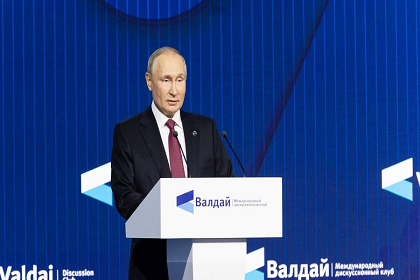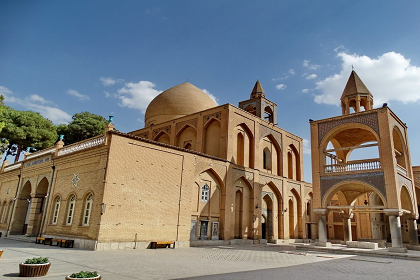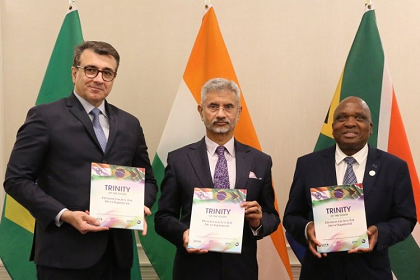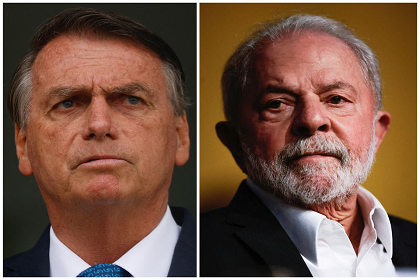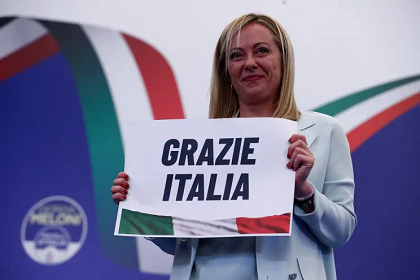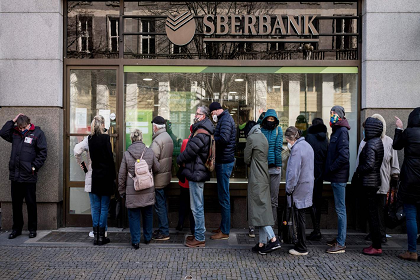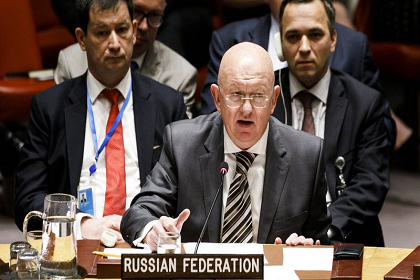The battle for Russian language in Ukraine
Language, nationality, and belonging have always been contentious issues in Ukraine. At least until February 2022, Russian remained the main language of business in the Ukrainian capital Kyiv, as well as the main lingua in the streets. Now there’s a parallel battle ongoing to eliminate the Russian language from Ukraine.

![Members of a pro-Russian association support a decision of the Kharkiv city council to make the Russian language official in the city. From left to right, their placards say: "[City] Councillors! Ensure language equality. Don't forsake your fellow Slavs!" "For half of the population of Ukraine - Russian is a native language!" "Authorities - bring back the Russian [language] schools!" "Russian language [is] not foreign! And we [are] not foreigners!"](https://www.gatewayhouse.in/wp-content/uploads/2022/11/Russian-protests.png)
